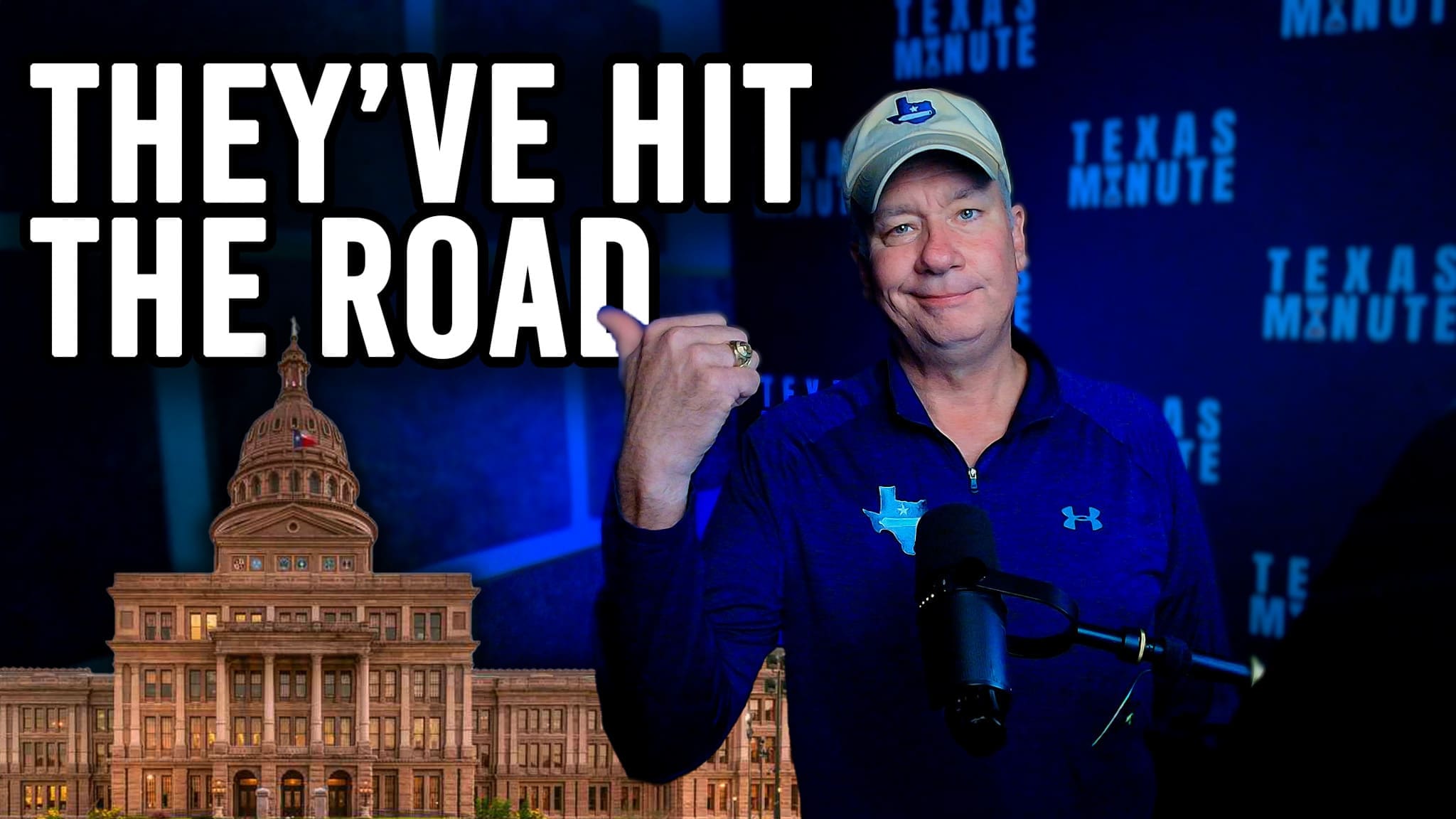UPDATE: After further inspection of HB 1987, I have to lend a bit of a mea culpa to Rep. Drew Springer. Under the current provisions of Chapter 313, school districts are allowed to “waive” the jobs requirement for projects receiving tax abatements. This current provision is outrageous, and lends support to those who claim that Chapter 313 ought to be done away with entirely. Springer’s bill is worthy of discussion as a step in both the right and wrong directions. In the right direction, it involves the Comptroller in evaluating whether the jobs creation requirement should be waived. In the wrong direction, it allows the Comptroller and districts to “reduce” the number of jobs program-recipients are required to create. The Texas Economic Development Act is a bad program that allows local school districts to pick winners and losers and allows politically connected businesses to be taxed at lower rates than less-connected citizens. However, Springer’s bill does not create the one-way tax deals described in this piece, it merely modifies an existing program in good and bad ways. Our apologies to Rep. Springer for the misreading of his legislation. – Tony McDonald and the Empower Texans Team
Original Post:
Texas maintains a series of “economic development” programs in which tax incentives, or in certain cases cash payments, are given to specific businesses in order to entice them to move to or otherwise invest in our state. One such program is called the Texas Economic Development Act, which is found in Chapter 313 of the Texas Tax Code. Passed in 2001, the major purpose of the Act was to “create new, high paying jobs in this state.”
However, State Rep. Drew Springer wants to do away with the job creation requirement of the Act and has filed HB 1987 to allow the Comptroller to “reduce or waive” the requirement.
Under Springer’s proposal, school boards would be empowered to enter into Chapter 313 tax abatement agreements to reduce the appraised value of projects without requiring the project to create new jobs in the community. In other words, the abatements would be a pure handout to politically connected businesses.
Last year, the State Auditor conducted an examination of the Chapter 313 program and discovered serious oversight and accountability problems.
HB 1987 is scheduled for a public hearing before the House Ways and Means Committee on Tuesday, March 17th, at 8:30am.




